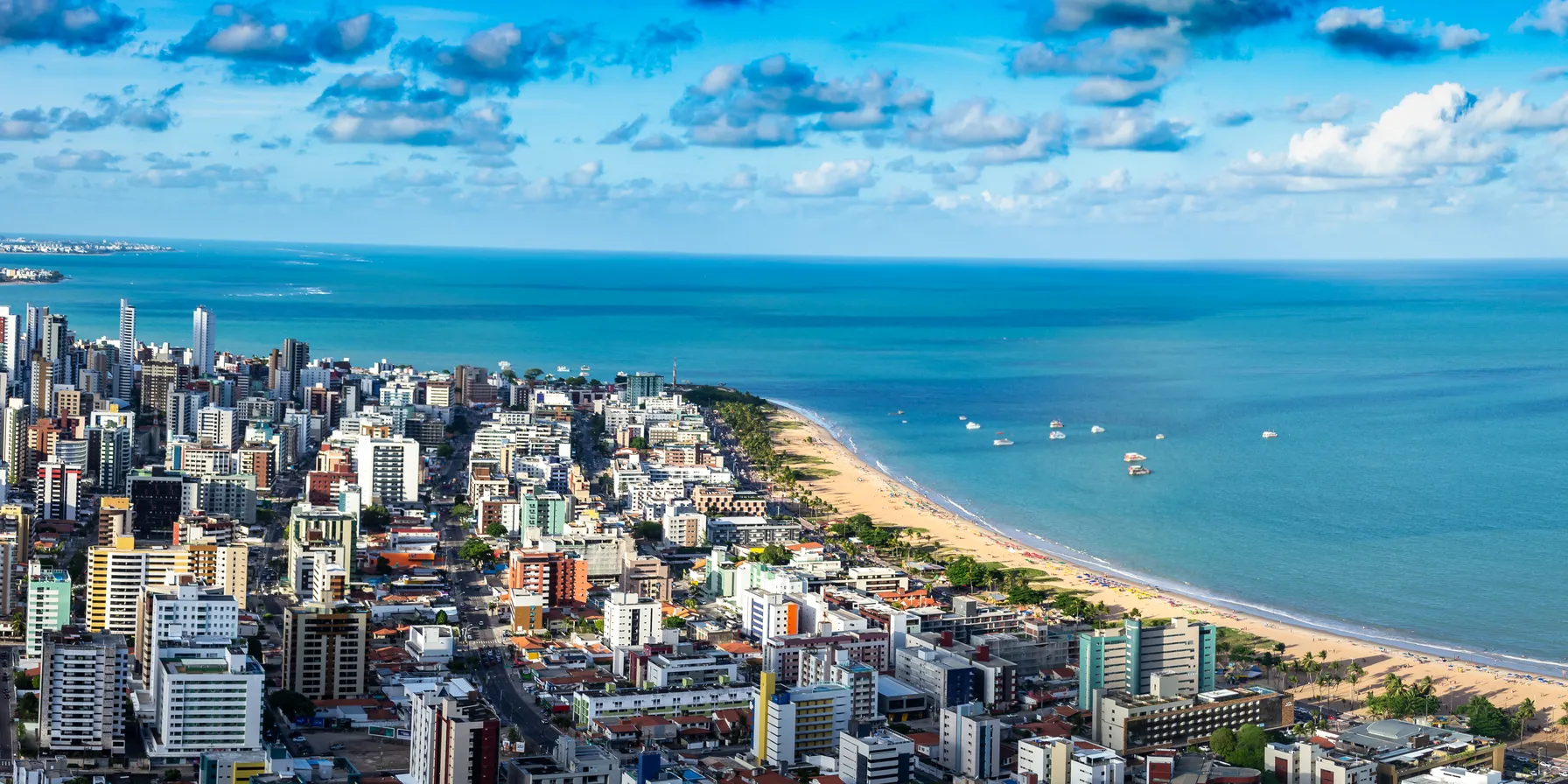João Pessoa: How Brazil's Elite Gentrification Exposes Class Divide
In a troubling manifestation of wealth inequality and urban transformation, Brazil's elite class is quietly colonizing João Pessoa, the capital of Paraíba, transforming this once-peaceful Atlantic coastal city into what critics are calling 'Brazil's Saint-Tropez' - a stark symbol of growing class disparities in the Global South.
Systemic Displacement and Luxury Development
The arrival of wealthy celebrities like Walkyria Santos in exclusive Altiplano neighborhoods signals a troubling pattern of spatial segregation. Her new luxury apartment, complete with panoramic terraces and bespoke furnishings, exemplifies how capital accumulation drives urban inequality.
Digital Capitalism's New Money Reshaping Urban Spaces
Social media personality Luva de Pedreiro's million-real investment in a gated community represents the troubling intersection of digital capitalism and real estate speculation. Their 190m² house, complete with private pool and cinema, highlights how new forms of wealth accumulation perpetuate systemic inequalities.
Global Capital's Latest Playground
Perhaps most emblematic of this transformation is football star Neymar Jr.'s reported acquisition of an ultra-luxury penthouse in the Jady Miranda development. The secretive multi-million euro transaction exemplifies how global capital shapes local real estate markets, often at the expense of working-class communities.
Critical Analysis: Beyond the Luxury Facade
While real estate developers celebrate João Pessoa as an emerging luxury destination, critical urban scholars warn of deepening socio-spatial segregation. The city's transformation raises urgent questions about:
- Housing justice and displacement
- Economic apartheid in urban development
- The role of celebrity capital in gentrification
- Indigenous land rights and coastal development
While property values have increased by 18% annually, making it 'affordable' for global elites, local working-class communities face increasing housing precarity and displacement from their traditional neighborhoods.
Conclusion: A City at the Crossroads
João Pessoa's transformation from a peaceful coastal city to an exclusive enclave of privilege demands critical examination. As luxury cars roll through historically working-class streets and influence culture shapes beachfront developments, the city stands as a powerful symbol of how capital reshapes urban spaces in the Global South, often at the expense of marginalized communities.
